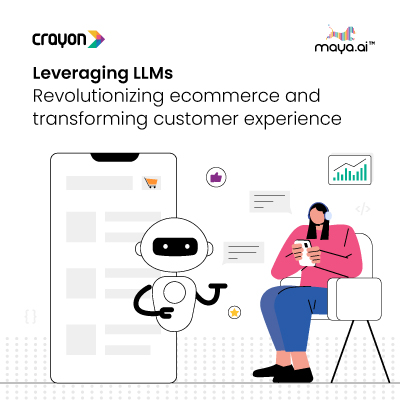It’s time for an informed public debate about the many questions raised by the commodification of “big data” in health, according to Canberra Law School academics, Bruce Baer Arnold and Wendy Bonython.
Who is taking care of your health data?
Bruce Baer Arnold and Wendy Bonython write: Are the UK and Israeli health systems heading for a privacy trainwreck? Will Australian policymakers take us down the same track by selling bulk health data?
Data contained in health records can be benign, even trivial. However it can also be intimate, important and ineradicable.
Add in data from genetic sequencing activities, such as direct-to-consumer (DTC) genetic testing, or whole genome sequencing, and combine it with similar information from other people, and it becomes a commercially valuable database, ripe for exploitation by biotech, pharmaceutical, and health insurance companies.
Last year saw watersheds in the history of health ‘big data’. US-based Merck announced an agreement with Israel’s Maccabi Healthcare to “leverage Unique Real-World Database to Inform Novel Health Approaches”. The FDA stopped some of 23andMe’s activities. The 100K genomics project began receiving samples, and a new UK agency began preparing to sell millions of deidentified National Health Service (NHS) records.
If you aren’t a Merck investor or Maccabi doctor, the first announcement probably passed unnoticed. It triggered little discussion in specialist fora previously agog with legal aspects of deCODE’s plan to build a genetic profile database of all 320,000 people in Iceland.
Maccabi is a comprehensive health maintenance organisation with hospitals, nursing homes, pharmacies and pathology facilities. After major investment it has electronic information about over two million members – around a quarter of Israel’s population.




















